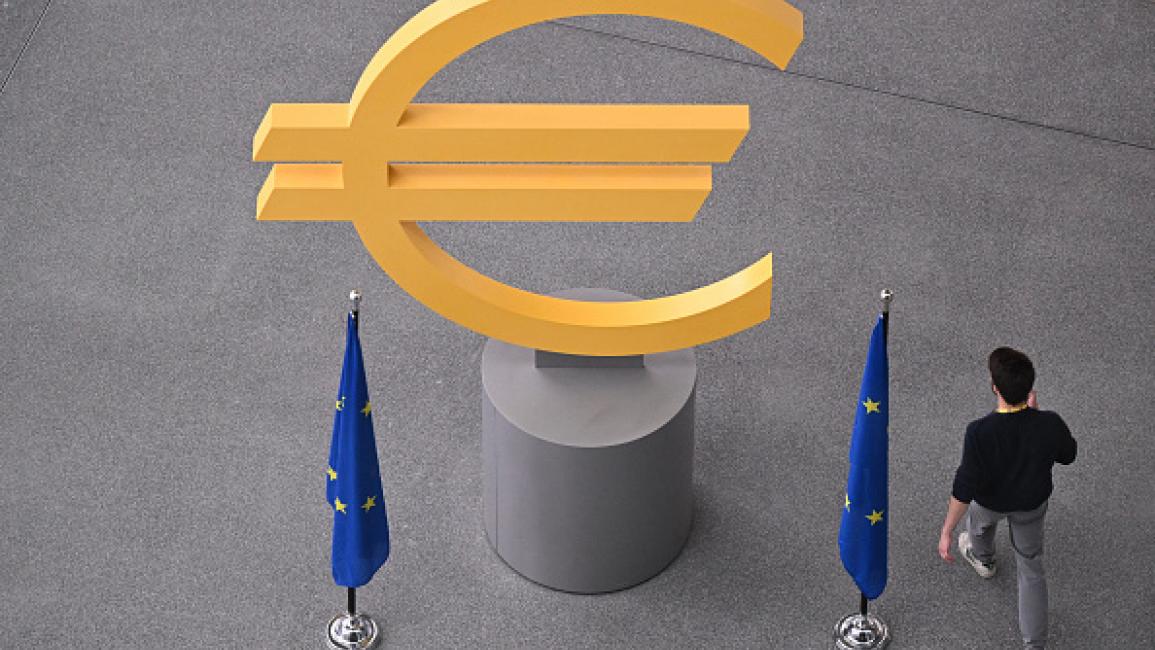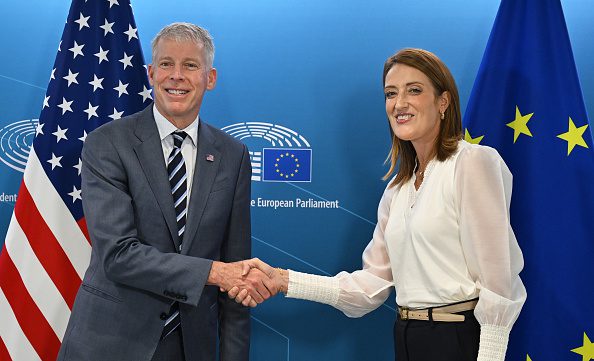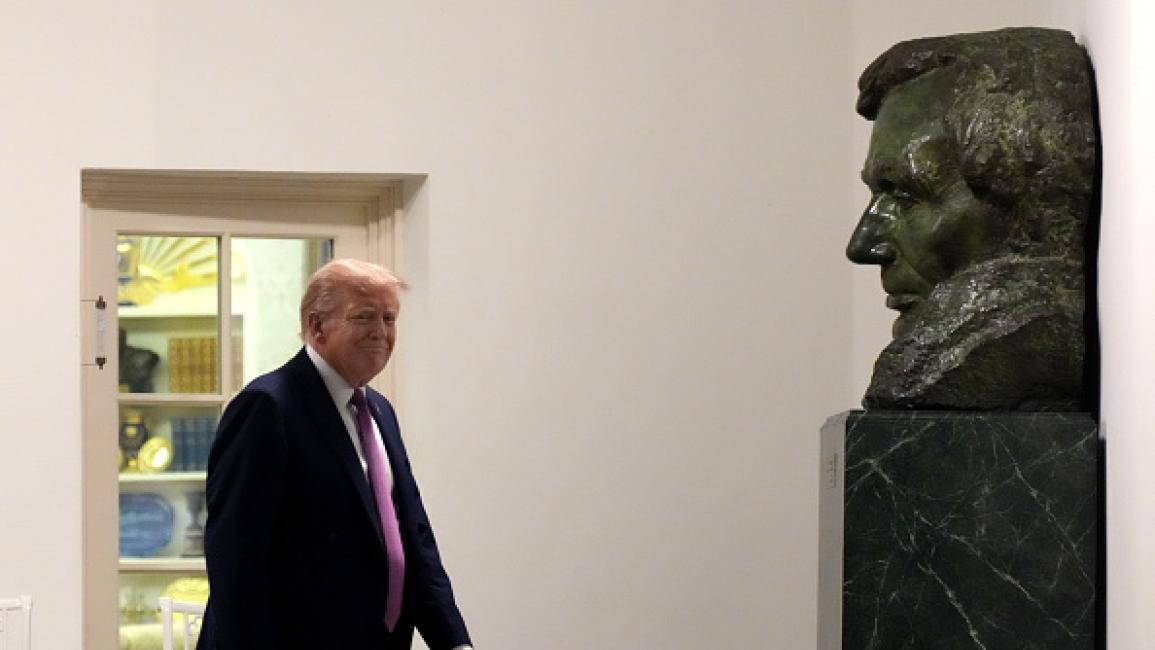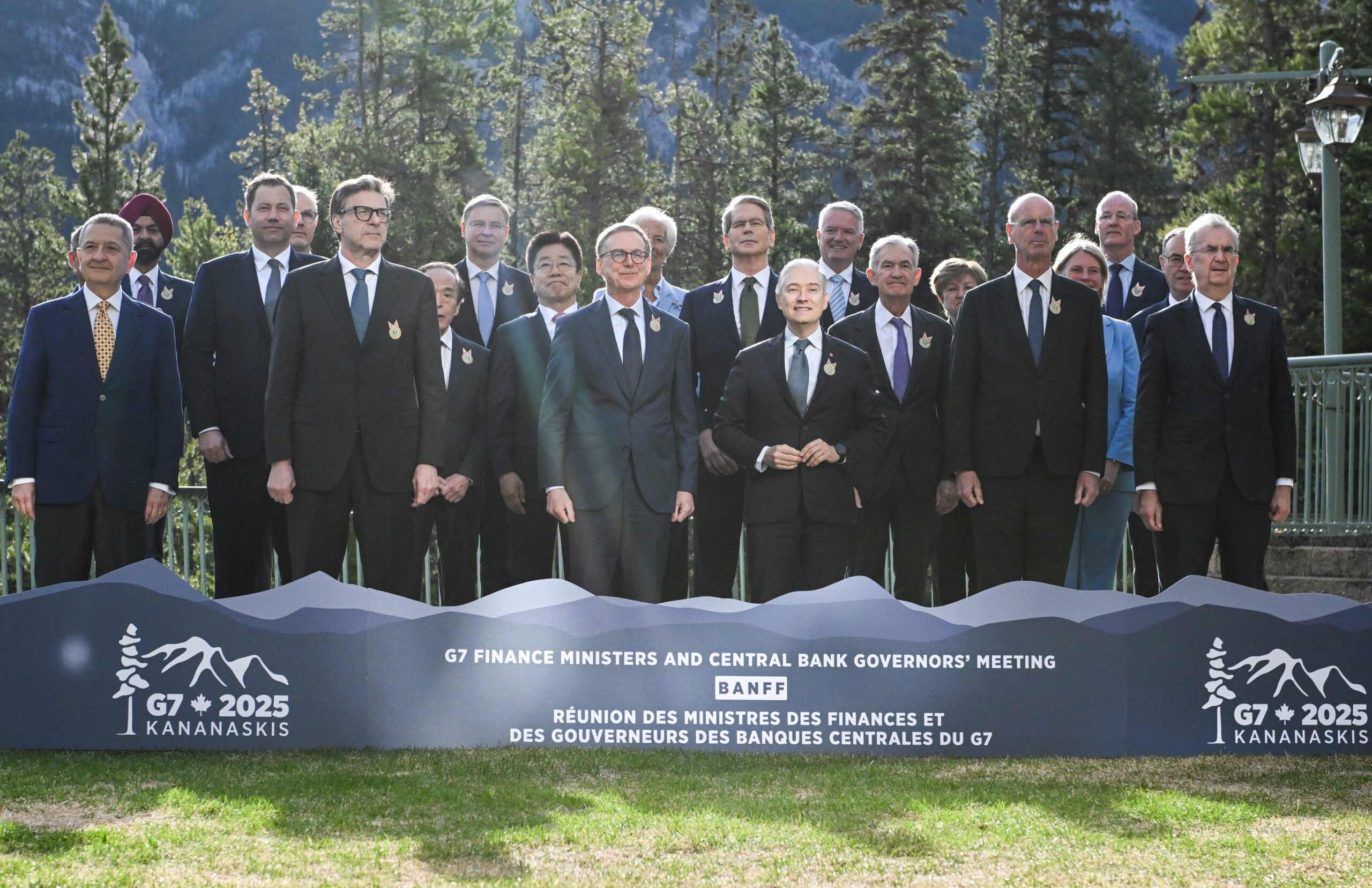Has Denmark’s Era of Prosperity Ended Due to Novo and Ørsted?
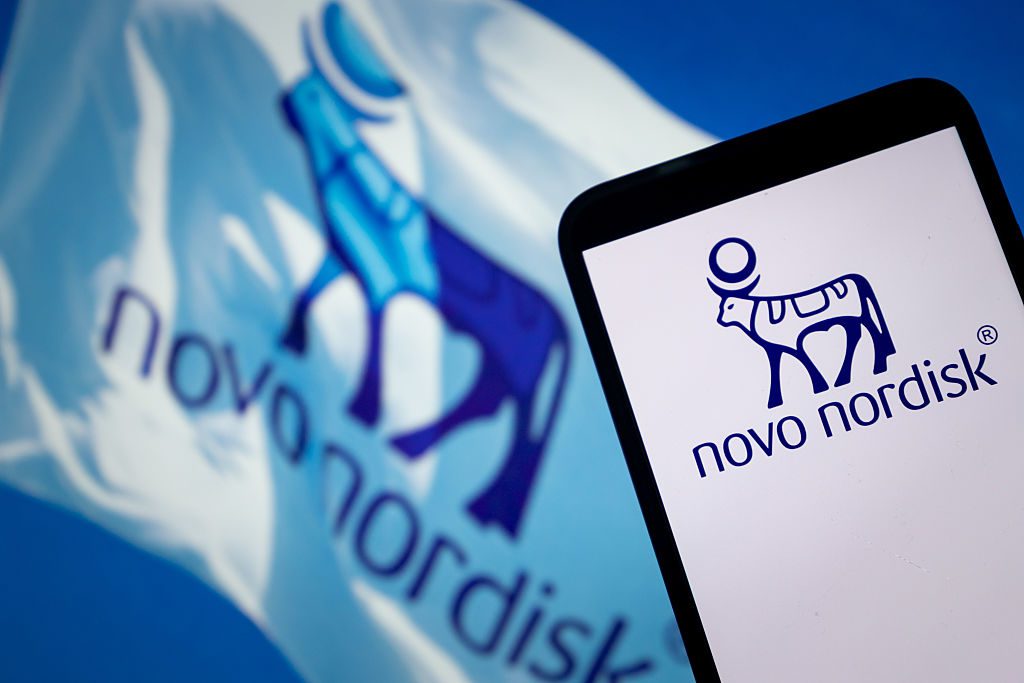
At the height of their success, Denmark’s corporate champions appeared untouchable. Novo Nordisk A/S, long renowned for its insulin production, was Europe’s most valuable company last year, driven by surging demand for Ozempic and Wegovy Elon Musk Restructures XAI. Likewise, Ørsted A/S, the world’s largest offshore wind developer, celebrated record valuations and global expansion in 2021, benefiting from governments’ investments in green energy Trade Talks Between Canada and Mexico.
However, the landscape has shifted dramatically. Novo announced the layoff of 9,000 employees, more than half in Denmark, after losing its lead in the U.S. obesity drug market to rival Eli Lilly. Ørsted was forced to cancel multi-billion-dollar projects, incurred heavy losses, raised new capital amid rising costs and supply chain delays, and faced regulatory hurdles in the United States under former President Donald Trump US Escalates Economic Pressure. Both companies saw sharp declines in their market valuations, effectively ending the investment euphoria surrounding them.
Economic and Social Ripple Effects
The impact of these disruptions extends beyond investors and executives, shaking government ministries, pension funds, and Danish households. The setbacks at Novo reverberated through the local economy, eroding consumer confidence and raising concerns about reduced spending and the culture of investment. Economists warn of slowing growth and a potential “Nokia risk” for Denmark China-U.S. Diplomatic Exchanges.
Las Olsen, chief economist at Danske Bank, noted that negative news from the two firms comes at a time when consumer confidence was already declining. Many Danes are highly concerned about the economy, and this pessimism could further suppress consumption. The town of Kalundborg, home to Novo’s main production site, reflects the direct impact on the community. Local residents work in the factories and invest in the company. Michael Rasmussen, a nearby supermarket manager, commented: “This situation creates a real psychological burden, affecting decisions like buying a new kitchen, car, or large consumer goods” Qatar Strengthens Sovereignty.
The Dominance of Mega-Corporations
The dominance of Novo and Ørsted, along with companies such as A.P. Moller-Maersk, Lego, and Carlsberg, has positioned Denmark as a global incubator for major corporations. In the 1980s, the top ten companies contributed roughly 20% of GDP; today, this figure stands around 45%, according to researcher Martin Gjes Evensen. This concentration has made Denmark one of the wealthiest countries in terms of GDP per capita Charlie Kirk Assassination.
Historian Jebi Nivers from the University of Southern Denmark observes that Danes have internalized the idea that national prosperity relies on the ability to build highly successful multinational companies.
Overreliance on Novo
Denmark’s economic dependence on Novo is evident. In August, Finance Minister Nikolai Wammen highlighted tax exemptions, lower electricity bills, and increased welfare funding—all supported by corporate tax revenue, with Novo alone contributing 15% in 2023. The success of Ozempic and Wegovy boosted GDP growth above that of other European nations. Between 2022 and 2025, government revenue estimates were raised multiple times, generating an additional 100 billion DKK (~$16 billion) by decade’s end. This enabled tax cuts, higher spending on health and green energy, and support for Ukraine Trade Talks Between Canada and Mexico.
Within Denmark, Novo was responsible for one-fifth of private sector job growth last year. Its investments in Kalundborg, Hillerød, and Odense spurred construction, infrastructure, and service sectors, alongside funding research and social projects, including the development of Denmark’s first supercomputer for AI and initiatives in quantum computing.
Comparisons with Nokia
Economists compare Denmark’s reliance on Novo with Finland’s experience with Nokia. Finnish researcher Jorki Ali-Yerko stated, “I see significant similarities,” adding that Novo constitutes 5% of Denmark’s GDP—a concerning figure for policymakers.
This concentration of corporate wealth has shaped domestic policy. Bloomberg notes that politicians became accustomed to governance without difficult trade-offs, using revenue surpluses for spending rather than tax increases or structural reforms Elon Musk Restructures XAI. Critics warn that lifestyle inflation poses risks if corporate fortunes decline.
Shifts in Novo and Ørsted
Despite challenges, Novo continues to expand. Yet its stock has lost 60% of market value over the past year, the Danish CEO was replaced by Maziar Mike Doostdar, who implemented hiring freezes and canceled job offers prior to cutting thousands of positions. Ørsted, while smaller in economic impact, is crucial to Denmark’s image as a global green energy leader, providing 60% of national electricity. After expanding into the U.S., Ørsted faced high costs, regulatory delays, and political pushback. In August, the company raised $9.4 billion in capital, half from the state, and received a setback from Trump’s administration halting a $6.3 billion wind project US Escalates Economic Pressure.
The resulting political debate questioned the state’s commitment to national champions and the future of Denmark’s energy sector. Failed offshore wind tenders led the government to provide subsidies, delay a hydrogen pipeline to Germany, and reconsider lifting the nuclear energy ban for the first time in three decades China-U.S. Diplomatic Exchanges.
Implications for Denmark’s Economy
Problems at Novo and Ørsted have become a national burden. While Denmark’s economy remains diverse and fundamentally strong, the struggles of these corporate giants threaten government spending and the nation’s image as a small country punching above its economic weight. The financial repercussions extend to public welfare, infrastructure, and research initiatives, highlighting the interconnectedness of corporate and national prosperity Qatar Strengthens Sovereignty.
Denmark’s economic prosperity, historically fueled by corporate giants like Novo and Ørsted, faces challenges. Layoffs, canceled projects, and declining valuations have triggered economic and social ripples across households, government, and investments. Policymakers now face the difficult task of balancing national wealth, job creation, and strategic energy goals amid shifting global markets.
This article is for entertainment purposes, but knowledge is with God.
https://qmgnews.com/the-uk-economy-between-stagnation-and-worsening-tenant-crises/ https://qmgnews.com/inflation-in-germany-surpasses-2-again-amid-rising-food-prices/
-
Elon Musk Restructures XAI → https://qmgnews.com/elon-musk-restructures-xai-lays-off-500-employees-to-focus-on-specialized-ai-training/
-
Trade Talks Between Canada and Mexico → https://qmgnews.com/trade-talks-between-canada-and-mexico-aim-to-counter-trumps-economic-pressure/
-
US Escalates Economic Pressure → https://qmgnews.com/us-escalates-economic-pressure-on-russia-as-trump-loses-patience/
-
China-U.S. Diplomatic Exchanges → https://qmgnews.com/china-u-s-diplomatic-exchanges-intensify-potential-trump-xi-meeting/
-
Qatar Strengthens Sovereignty → https://qmgnews.com/qatar-strengthens-sovereignty-and-peace-efforts-amid-regional-tensions/
-
Charlie Kirk Assassination → https://qmgnews.com/charlie-kirk-assassination-shakes-u-s-political-landscape-trump-mourns-martyr/

